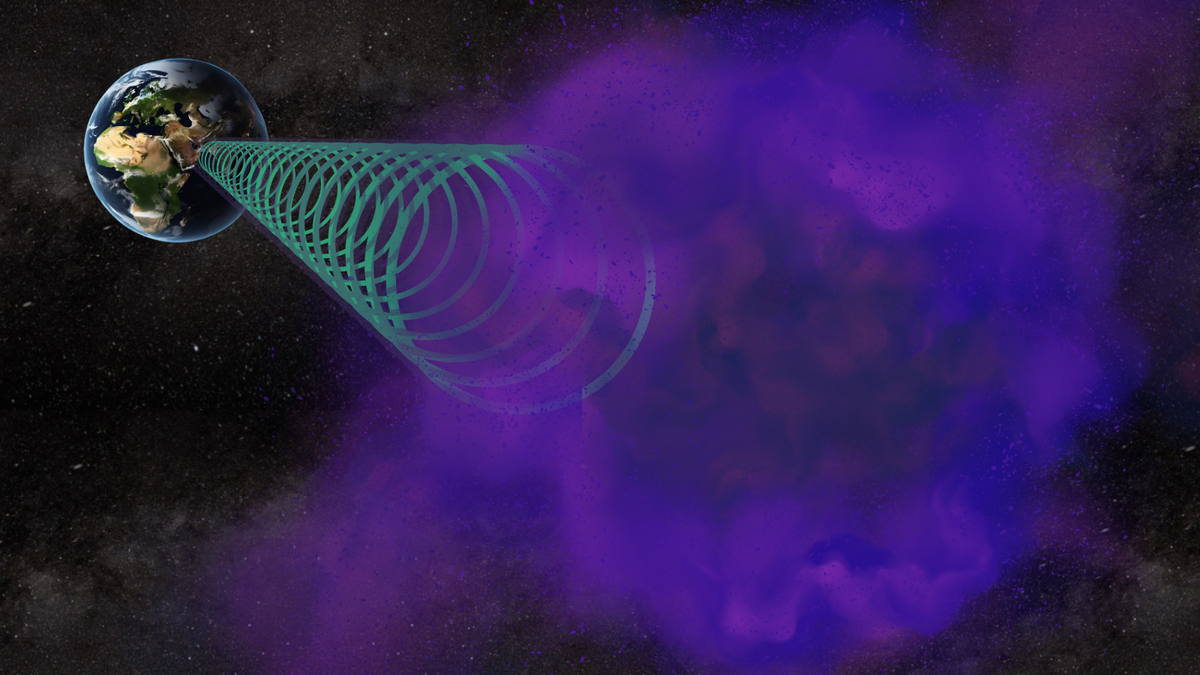University professor makes breakthrough achievement in quantum computing
A University of Texas at San Antonio researcher is part of a collaboration that has set a world record for innovation in quantum computing.

[Sept 11, 2021: University of Texas at San Antonio]
A University of Texas at San Antonio (UTSA) researcher is part of a collaboration that has set a world record for innovation in quantum computing. The accomplishment comes from R. Tyler Sutherland, an assistant professor in the College of Sciences Department of Physics and Astronomy and the College of Engineering and Integrated Design’s Department of Electrical Engineering, who developed the theory behind the record setting experiment.
Sutherland and his team set the world record for the most accurate entangling gate ever demonstrated without lasers.
According to Sutherland, an entangling gate takes two qubits (quantum bits) and creates an operation on the secondary qubit that is conditioned on the state of the first qubit.
“For example, if the state of qubit A is 0, an entangling gate doesn’t do anything to qubit B, but if the state of qubit A is 1, then the gate flips the state of qubit B from 0 to 1 or 1 to 0,” he said. “The name comes from the fact that this can generate a quantum mechanical property called ‘entanglement’ between the qubits.”
Sutherland adds that making the entangling gates in your quantum computer “laser-free” enables more cost-effective and easier to use quantum computers. He says the price of an integrated circuit that performs a laser-free gate is negligible compared to the tens of thousands of dollars it costs for a laser that does the same thing.
“Laser-free gate methods do not have the drawbacks of photon scattering, energy, cost and calibration that are typically associated with using lasers,” said Sutherland. “This alternative gate method matches the accuracy of lasers by instead using microwaves, which are less expensive and easier to calibrate.”
This quantum computing accomplishment is detailed in a paper Sutherland co-authored titled, “High-fidelity laser-free universal control of trapped-ion qubits.” It was published in the scientific journal, Nature, on September 8.
Quantum computers have the potential to solve certain complex problems exponentially faster than classical supercomputers.
One of the most promising uses for quantum computers is to simulate quantum mechanical processes themselves, chemical reactions for example, which could exponentially reduce the experimental trial and error required to solve difficult problems. These computers are being explored in many industries including science, engineering, finance and logistics.
“Broadly speaking, the goal of my research is to increase human control over quantum mechanics.” said Sutherland. “Giving people power over a different part of nature hands them a new toolkit. What they will eventually build with it is uncertain.”
That uncertainty, says Sutherland, is what excites him most.
Sutherland’s research background includes quantum optics, which studies how quantum mechanical systems emit light. He earned his Ph.D. at Purdue University and went on to Lawrence Livermore National Laboratory for his postdoc, where he began working on experimental applications for quantum computers.
He became a tenure-track assistant professor at UTSA last August as part of the university’s Quantum Computation and Quantum Information Cluster Hiring Initiative.
Like these kind of feel good stories? Get the Brighter Side of News' newsletter.
Tags: #New_Discoveries, #Quantum_Computing, #World_Record, #Research, #The_Brighter_Side_of_News
Joshua Shavit
Science & Technology Writer | AI and Robotics Reporter
Joshua Shavit is a Los Angeles-based science and technology writer with a passion for exploring the breakthroughs shaping the future. As a contributor to The Brighter Side of News, he focuses on positive and transformative advancements in AI, technology, physics, engineering, robotics and space science. Joshua is currently working towards a Bachelor of Science in Business Administration at the University of California, Berkeley. He combines his academic background with a talent for storytelling, making complex scientific discoveries engaging and accessible. His work highlights the innovators behind the ideas, bringing readers closer to the people driving progress.



